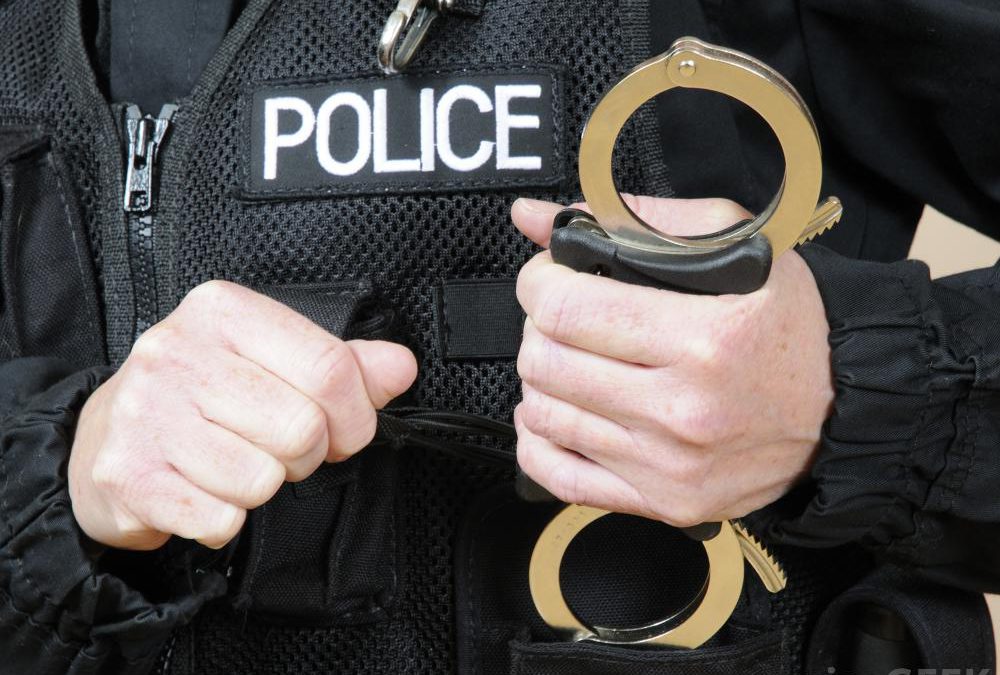An arrest record includes information about the person who has been arrested and the incident that caused the arrest. Sometimes, an arrest record will also include a description of the victim. The circumstances of the arrest, along with the law of the individual state, determine whether or not the arrest record is made public.
The General Rule
In general, criminal records and mugshots are public records, which means you can find out if someone has been arrested. However, even though most arrest records are public, the state can still decide whether or not the record is going to be made available publicly. Even in a state that typically has public arrest records, they may make an exception and keep an arrest record private.
Choosing to Keep an Arrest Record Private
Sometimes, a state will opt to keep an arrest record private if they feel that releasing the information to the public could be risky for some reason. For example, arrest reports may not include all pertinent information, like that the person who was arrested was not charged with a crime. An arrest record that only includes limited information, instead of telling the whole story, can cause people to be prejudiced against the person who was arrested, regardless of the outcome. On the other hand, sometimes arrest records are kept private in order to protect the public. Note that it’s not uncommon for an arrest record to be incomplete or out-of-date.
Keeping a Portion of the Arrest Record Private
Certain states release a limited amount of information. The court may decide that arrest records and arrest sheets can make the community aware of crime rates and law enforcement activities, and that this information should be public. However, the same court may decide that the personal arrest record, including personal information, is not important to the public and that it could even pose a threat to the arrested person, and therefore should not be part of the public record.
Deciding Whether or Not to Make an Arrest Record Public
When the state is unsure whether or not they should restrict the information on the arrest record, they’ll consider both the public and the person who was arrested. They’ll take into consideration the public’s interest in the arrest record, as well as the privacy of the person who was arrested, and they’ll weigh all of the information to determine if the record should be public or not.
Arrest Records and Sex Crimes
Even in states where arrest records aren’t always made public, the arrest record will often be made public if there was a sex crime. In every state, sex offenders have to be part of the sex offender registry. The classification of the crime may play a role in how much of the arrest record is viewable to the public, though, and some records may only be viewable to law enforcement.
Arrest Records and Ongoing Investigations
An ongoing investigation can play a role in whether or not an arrest record is public. Often, if there is an ongoing investigation related to the arrest, the arrest records will not be made public, at least while the investigation is still open. State statutes and the Freedom of Information Act often have this exemption included.
Expunged and Sealed Arrest Records
There are circumstances where an arrest record may be expunged or sealed, and sometimes even associated arrest records will be treated in the same way. For example, this may happen if the person was found innocent or if they were a juvenile when the offense took place. Some states also allow an expungement if the offense was minor. A minor offense may include the possession of a minor amount of marijuana or something like disorderly conduct.
Arrest Records and Background Checks
Sometimes a background check will include arrest information, but not always. The person who is being checked normally has to consent to the background check. If an employer is checking a potential employee’s background, they may be prohibited from seeing information in an expunged or sealed record.
Often, private citizens want to know whether or not they can access criminal records to find out information about a person or a crime. However, the law will ultimately change based on the court, state and specifics of the crime.

